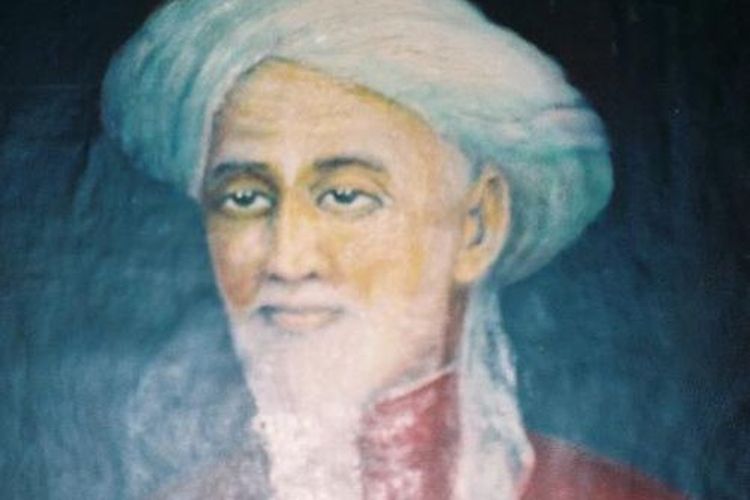In my previous writing, I discussed the efforts to understand God according to Sheikh Al-Banjari. This time, I will explore his thoughts on humanity. Who is unfamiliar with Sheikh Muhammad Arsyad Al-Banjari?
Sheikh Al-Banjari is a world-renowned scholar whose influence is forever etched in history. His contributions to the spread of Islamic teachings in the Nusantara continue to be developed today, particularly his teachings on Sufism. I will not revisit his biography here, as I have already covered it in detail in an earlier article.

Sheikh Arsyad’s intellectual journey, which extended across different countries, earned him deep respect from various circles. He was even entrusted by Sultan Tahmi Allah II to propagate Islam in Banjar, as at that time, even though the kingdom was Islamic, the faith had not yet flourished. Witnessing the spiritual dryness of Banjar, Sheikh Arsyad felt compelled to act. He began by building a religious center for study, and soon his following grew.
Sheikh Arsyad taught subjects such as Arabic-Malay literacy, Fiqh, grammar, Tawhid (Islamic monotheism), agricultural science, Tafsir (Qur’anic exegesis), Hadith, and much more. He was not only an educator but also a prolific writer. His most famous work, Sabil Al-Muhtadin Li at-Tafaqquhi fi Amri ad-Din, became widely known across Brunei, Pattani, and Malaysia. However, one of his lesser-known works, Kanzu Al-Ma’rifah, subtly discusses the nature of humanity.
Although Sheikh Arsyad did not systematically lay out his concept of humanity in Kanzu Al-Ma’rifah, we can discern certain key ideas about the origins of human existence from his writing.
Sheikh Arsyad proposed that everything in the universe, including human beings, originates from Nur Muhammad (the Light of Muhammad). Unfortunately, his book does not elaborate on the concept of Nur Muhammad, making it difficult to trace whether Sheikh Arsyad was influenced by the tasawwuf falsafi (philosophical Sufism) developed by figures like Abdul Karim al-Jilli and Ibn ‘Arabi, or by Islamic philosophers such as Al-Farabi and Ibn Sina.






